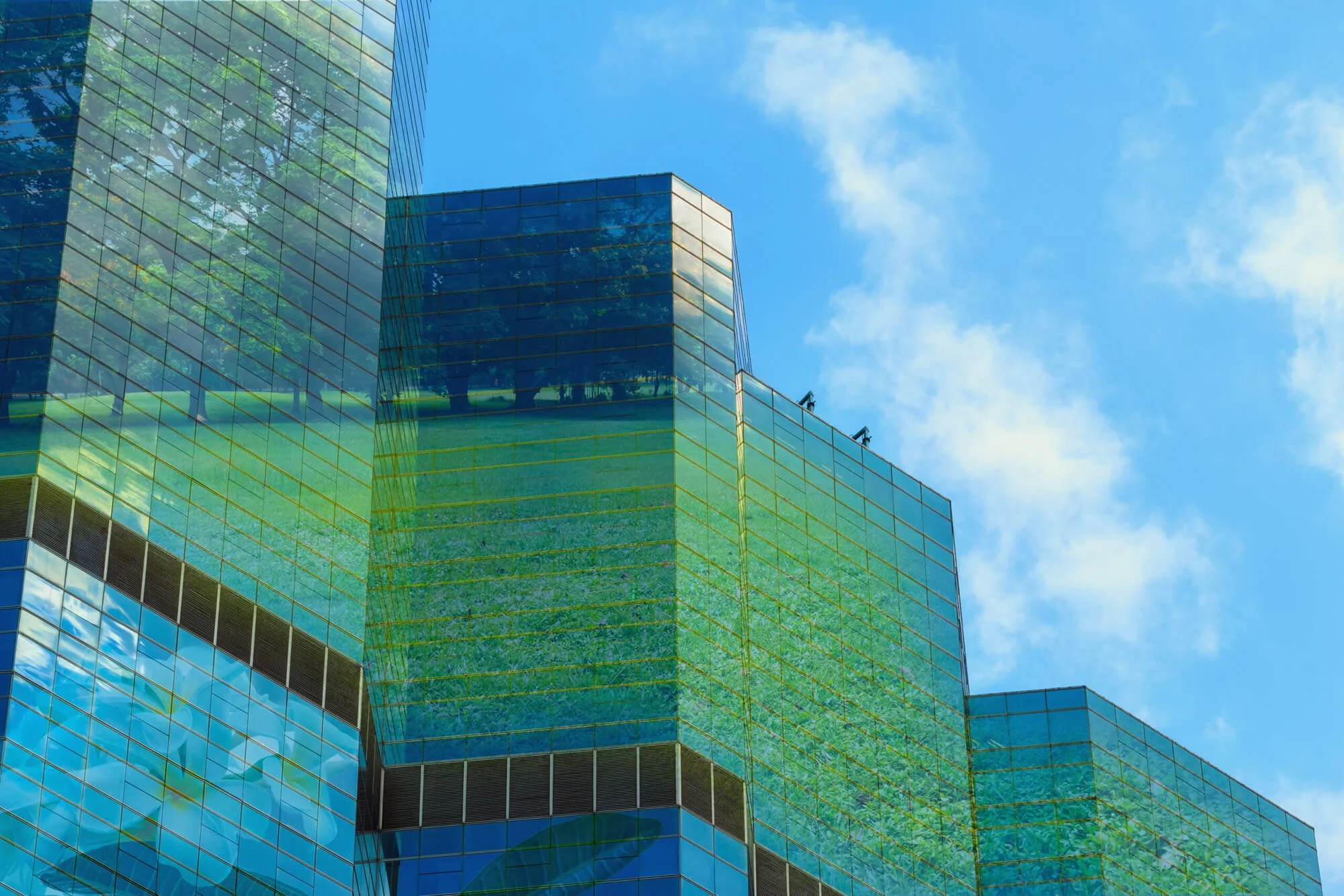
Thriving Communities Driving Equitable, Decarbonized Economies
Partnering with cities to reduce emissions and foster a more equitable future.
Our Work & Why You Should Join
Mission
To design and implement regenerative and equitable solutions to scale in cities across the world.
Vision
To transform cities into hubs of innovation and resilience that contribute to global decarbonization efforts.
Together, we're working to mitigate climate change by championing a transformative movement that uplifts every corner of society.
Our goal is to partner with 30 U.S. cities to slash 25% of U.S. emissions and 2% of global pollution. Doing so would unlock billions of dollars in co-investment and prioritize the health, wealth, and well-being of communities.
Are you looking to invest in scalable, impactful projects that support sustainable urban development and community equity? Explore more of our work.
Are you addressing urban challenges at the policy level? We can help.
Explore resources we have for you:
Register for webinars.
Request consultation.
Learn how we can work together.
If you're influencing local policy to promote equity and resilience in city planning, we can work together.



